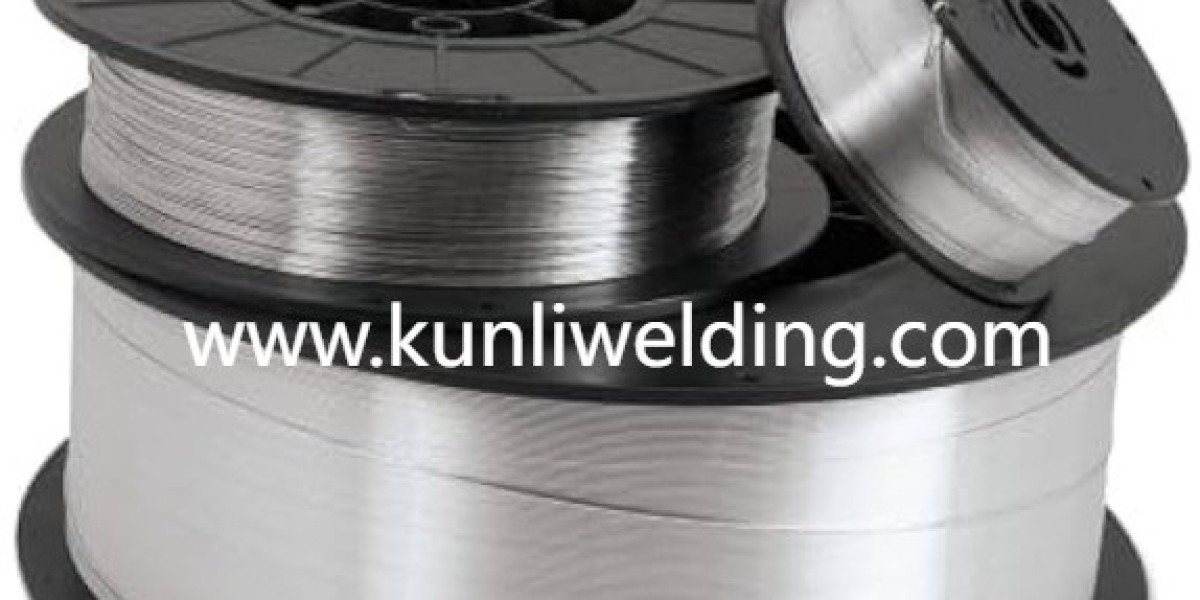When mission critical margins are thin and inspection windows are strict, procurement teams pay attention to every input, and that is why Aluminum Tig Wire Suppliers should be part of the early design conversation for aerospace projects. Consistent wire chemistry, protective packaging and responsive technical support reduce the chance that a welding variable will derail a test cycle or force requalification. In an environment where public attention to supply chain resilience and safety is heightened, suppliers who publish production notes and maintain traceable lot records give engineers and quality managers the evidence they need to move forward with confidence.
Aerospace welding tolerances are unforgiving. Welds must meet mechanical goals while surviving inspection regimes that look for porosity, lack of fusion and inconsistent microstructure. That makes uniform alloy composition non negotiable. Suppliers who control melt practice and maintain narrow composition windows help ensure the welded deposit behaves predictably during subsequent testing and service cycles. Buy once and hope is not a strategy; repeatable chemistry is the practical foundation for repeatable test outcomes.
Traceability and documentation speed root cause analysis when something unexpected appears. When a spool arrives with a detailed lot sheet, incoming inspection can correlate any deviation back to a single production run instead of broad suspect pools. For aerospace builds that require audits and thorough records, that traceable chain shortens investigations and reduces the scope of holds on assembly lines. Suppliers that keep clear production records and share non sensitive test reports ease the administrative burden on quality teams and support faster decision making under pressure.
Moisture control and packaging are more than niceties in aerospace work. Aluminum TIG wire that picks up moisture or surface contamination creates a route to porosity and inconsistent arc behavior at the first weld. Suppliers who seal spools with protective barriers, include desiccants and provide explicit unpacking and drying guidance reduce the risk that crews will fight avoidable defects on the first pass. That proactive logistics thinking preserves spool integrity in long procurement chains and during complex global shipments.
Supplier technical engagement shortens qualification cycles. A responsive vendor who sends trial reels, recommends starting parameters for specific machines and stands ready for quick troubleshooting cuts days or weeks from the validation schedule. When timelines are constrained by test facility bookings or by phased certification milestones, that quick feedback loop prevents small setup glitches from multiplying into extended delays. Treat the supplier as an active member of the team rather than a commodity source and you gain a partner for problem solving in tight windows.
Dimensional and winding control at the factory level affects feed reliability in TIG applications. Inconsistent wire diameter or uneven spool tension triggers feed interruptions that masquerade as weld defects. Suppliers who maintain tight drawing tolerances and who control winding tension reduce the frequency of feed related stoppages and enable welders to focus on arc control and joint technique. On large builds where many spools arrive from multiple lots, that consistency cuts the noise in qualification testing and helps teams spot true metallurgical issues rather than chasing feeding anomalies.
Fit with your equipment is essential. Ask suppliers what liner sizes, contact tips and spool formats they recommend for your TIG feeders and torches. A spool that suits a given feeder path and tension profile avoids bird nesting, uneven feed and arc instability. When procurement shares machine models and feeder types up front, the supplier can suggest compatible spool formats or provide small trial reels that fit the shop's actual hardware, saving hours of adjustment during initial runs.
Quality assurance at the vendor reduces workload at the factory. Producers that run routine inspections, perform dimensional audits and reject nonconforming reels remove variability before material reaches your floor. That upstream quality control means fewer incoming rejects and faster acceptance into production. For aerospace projects, where each nonconformance requires documentation and corrective action, a supplier who does the checking upstream reduces administrative load and keeps schedules steady.
Sustainability and sourcing transparency increasingly influence supplier selection. As public and private buyers press for responsible procurement, suppliers who explain scrap handling, recycled input and environmental practices help integrators align with stakeholder expectations. For aerospace programs that must report on lifecycle factors or meet public contract clauses, that transparency is part of the procurement decision rather than a secondary checkbox. Vendors who can demonstrate how their production practices affect lifecycle footprints make it easier to justify material choices in wider program reviews.
Finally, plan for escalation and spare parts. In high stakes welding cells a worn contact tip or a damaged spool should not stop certification tests. Work with suppliers who maintain fast spare part channels and who provide clear escalation contacts for urgent technical issues. That readiness shortens downtime when problems occur and keeps the program on track during critical gate reviews and stakeholder inspections.
Consistent quality from your wire supplier reduces risk in ways that compound across an aerospace program: fewer requalifications, faster root cause work, and steadier production rhythms. When suppliers combine traceable production, protective packaging, machine compatibility and responsive technical support they act as de facto partners in delivering certified assemblies. To review related product options and handling guidance for aluminum alloy welding wires consult the product listing at this address https://www.kunliwelding.com/product/aluminum-alloy-wire/aluminum-alloy-welding-wire.html .














